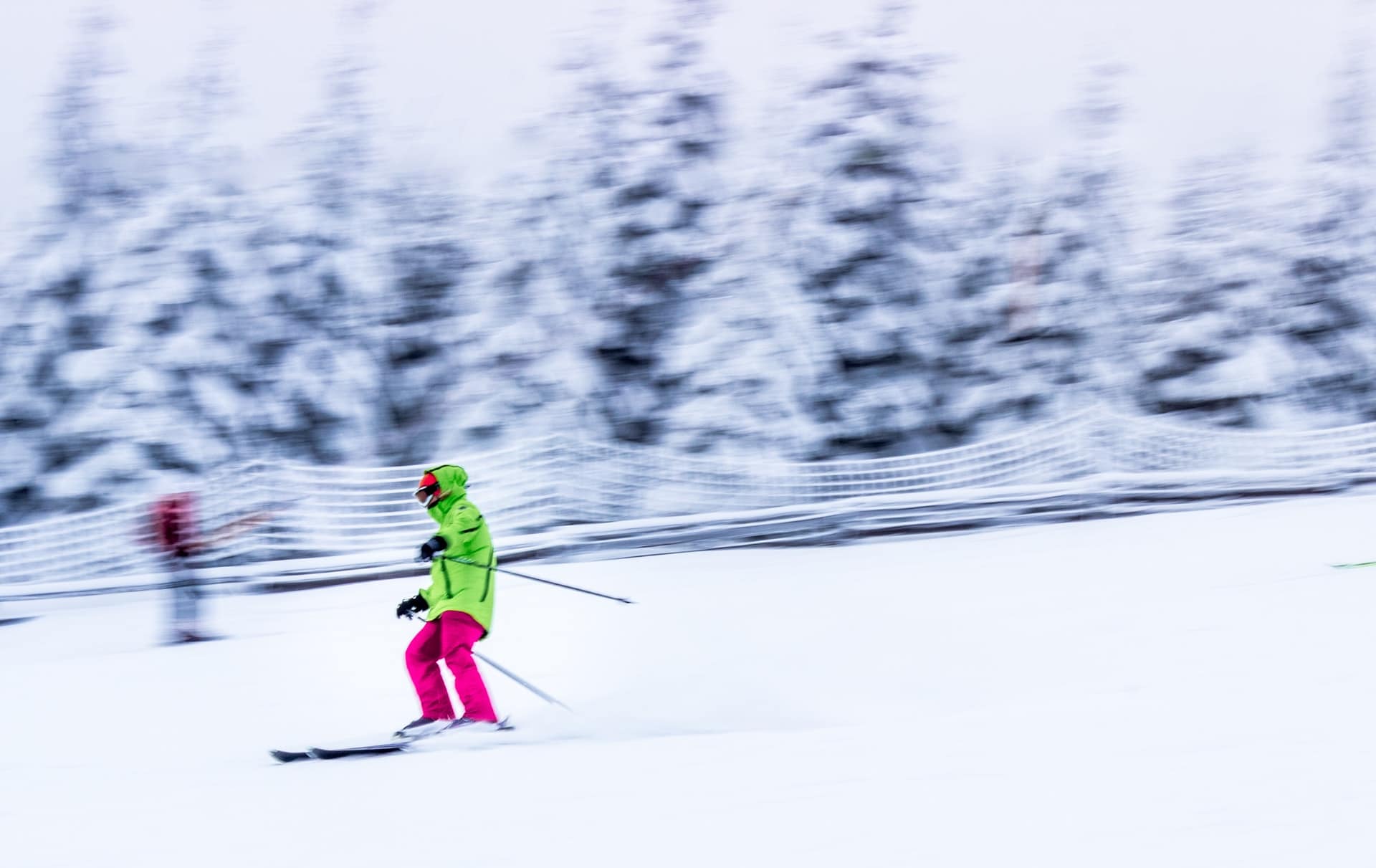With temperatures dropping, many skiers and snowboards are looking forward to heading to the ski hills. But, like many other outdoor activities, skiing and snowboarding come with a natural risk of injury. So, then, who is held accountable if you are injured due to no fault of your own on a ski hill?
The use of ski area premises and facilities often comes with a waiver – as a condition of your use, you will likely sign a waiver confirming that you assume all risk of personal injury, death, or property loss resulting from any cause whatsoever, including negligence, breach of contract, breach of statutory duty of care, or breach of any other duty of care on the part of the ski area operator. That being said, you should always consult with a personal injury lawyer following an accident of this nature to determine whether you have a case.
How Do Liability Waivers Work at Ski Hills?
In simple terms, a standard ski hill liability waiver signed by a skier or snowboarder means that they will not be able to hold the ski hill responsible if they are injured on the slopes. From a legal perspective, the person signing the waiver is generally deemed to have understood the terms of the waiver (a reminder to always read the “fine print” carefully!).
Can I Hold the Ski Hill Accountable For My Injuries if I Have Signed a Waiver?
In certain circumstances, an injured person may be entitled to sue the ski hill if they are injured, even if they have signed a liability waiver.
In Ontario, the courts have developed a three-part test (as established in Isildar v. Rideau Diving Supply, 2008 CanLII 29598 (ON SC))) to determine whether a signed release of liability is valid, as follows:
- Is the release valid in the sense that the plaintiff knew what they were signing? Alternatively, if the circumstances are such that a reasonable person would know that a party signing a document did not intend to agree to the liability release it contains, did the party presenting the document take reasonable steps to bring it to the attention of the person signing the document?
- What is the scope of the release and is it worded broadly enough to cover the conduct of the defendant?
- Should the waiver not be enforced because it is unconscionable?
To be “unconscionable”, the following requirements must be met:
- There must be proof of inequality in the bargaining position of the parties; and
- There has to be proof of “substantial unfairness obtained by the stronger person.”
(Principal Investments Ltd. v. Thiele Estate, 1987 CanLII 2740 (BCCA))
Ultimately, the determination of whether or not a waiver is valid will depend on the specific circumstances of the case.
Is the Waiver Invalid if I Don’t Read it?
No, the waiver may still be valid if you don’t read it. In fact, the person signing a waiver is deemed to have understood the terms of a waiver they sign and the ski hill does not have a duty to bring the waiver to the signing party’s attention or explain the terms of the waiver.
In Karroll v. Silver Star Mountain Resorts Ltd., 1988 CanLII 3294 (BC SC), the plaintiff had not read the release she signed but argued that it was not binding because “she was not given a reasonable opportunity to read and understand it”. In this case, the court found that a ski hill may be required to take reasonable steps to bring the terms of a waiver to the attention of the signing party in specific circumstances, considering (1) the length and format of the contract; (2) the time available for reading and understanding the waiver; and (3) the competency of the person signing the waiver. Here, the waiver was short and easy to read and the plaintiff was familiar with the kind of release involved in the activity – therefore, she was deemed to have read the waiver.
Safety Tips for Skiers and Snowboarders
Whether you are new to skiing or snowboarding or a seasoned pro, you should review the Alpine Responsibility Code before hitting the slopes. The Alpine Responsibility Code recommends the following:
- Always stay in control (you must be able to stop or avoid other people or objects);
- People ahead of you have the right-of-way and it is your responsibility to avoid them;
- Do not stop in a place where you obstruct a trail or are not visible from above;
- Before starting downhill or merging onto a trail, look uphill and yield to others;
- If you are involved in or witness a collision or accident, remain at the scene and identify yourself to Ski Patrol;
- Use proper devices to help prevent “runaway” equipment (for example, if you lose a ski);
- Observe and obey all posted signs and warnings;
- Stay off closed trails and areas;
- Do not use lifts or terrain if your ability is impaired through the use of alcohol or drugs; and
- Have sufficient physical dexterity, ability, and knowledge to safely load, ride, and unload lifts.
Beyond the guidance found in the Alpine Responsibility Code, skiers and snowboarders should always wear appropriate protective gear (such as a helmet) to reduce their risk of serious injury.
Skilled Personal Injury Lawyers Serving Eastern Ontario and North Bay
At Tierney Stauffer LLP, our skilled personal injury lawyers have the knowledge to handle a variety of personal injury claims, regardless of how the accident happened. Non-traditional accidents, such as skiing, snowboarding and snowmobile accidents, can involve special legal issues that require the attention of an experienced personal injury lawyer. We have the skills and resources necessary to tackle these complicated issues so you can focus on your recovery. Call us at 1-888-799-8057 or contact us online to set up a free consultation with one of our experienced personal injury lawyers.
